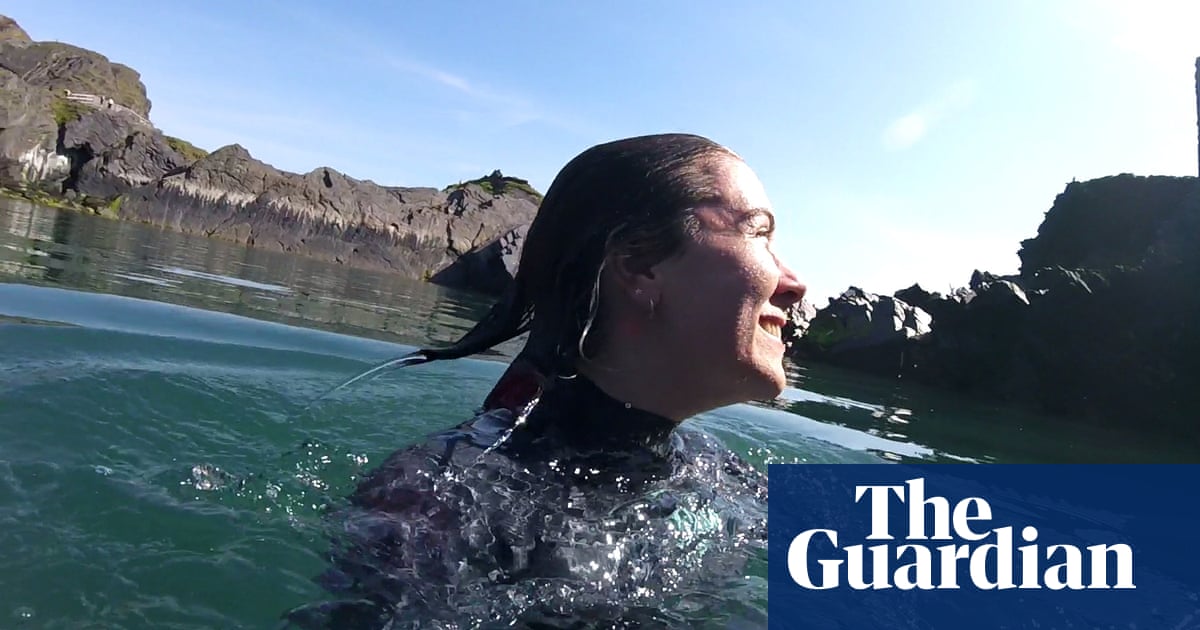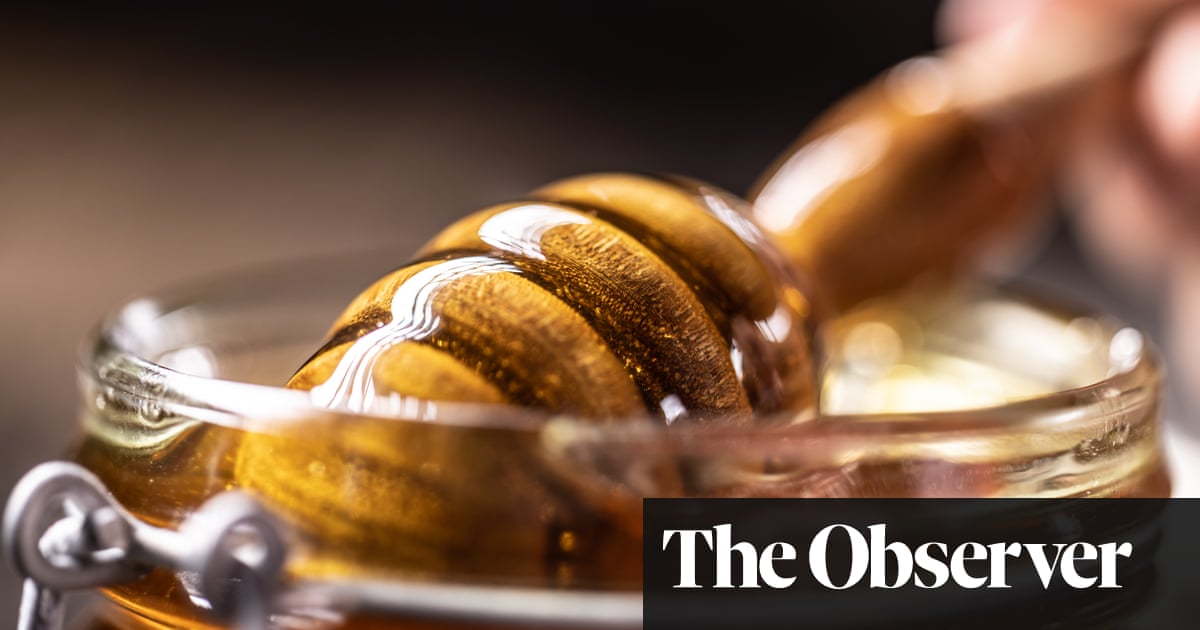It was a September afternoon in 2016 when I got on a bike and cycled to the sea. The Pembrokeshire coast was in full Technicolor that day, glowing with the sunlight reflected back from its sandy seabed. The air was thick and warm, and by the time my dad and I had reached the cove, my clothes were damp and itchy on my skin.
I was 19, and about to enter my second year of university. I had been through a hellish time at secondary school. I had tumbled hard and heavy into my first real relationship – and out of it again. And I was on the brink, I think, of finally starting to know myself.
This place was my haven: a sanctuary of salt and rock through many of those turbulent years. The cove we had cycled to that day was our favourite – a hidden nook in the Castlemartin coastline, just a few miles from my parents’ cottage. We called it The Swimming Place.
Bike down and wheels still spinning, I kicked off my trainers and left my shorts and T-shirt in a heap. Dad was two socks in front of me, and without a pause for too much thought I chased him down the sand and into the Irish Sea.
We had the place entirely to ourselves. Dad swam nearby, diving into a splash of front crawl, heading out toward the edge of our narrow bay. Overwhelmed, suddenly, with envy, I did what I hadn’t done in years: I held my breath and pulled my own head underwater.
There, suspended beneath the glimmering surface, I remembered it all. My love of diving, swimming, rivers and lakes. I felt the cold ocean’s press on my cheeks and my eyelids, and knew what it was like again: to be free and fully present in my own skin.
Though I’ve always loved the water, I had spent seven years prior to that day retreating away from moments like this one. I was afraid. Struggling for a long time with chronic acne and unhelpful treatments, and the pressures of teenage girls’ appearance, I had become entirely reliant on my makeup. I needed total control over how I looked, and going swimming (properly swimming) meant washing this control away. At this point in my life, I couldn’t even leave my room without it. My bare face and natural appearance were not something I identified with. I hated it, deeply, though I wished more than anything that I didn’t.
But those 10 minutes of contentment I floated within – the muffled quiet of the underwater world – were fuel for the next chapter of my life. This would be my yardstick. Suddenly, it didn’t matter how I did it. Whether through medication or mental attitude, I would find a way to have the kind of life that allowed me to dive into the water whenever it called.
That day was the beginning of a slow but determined journey back to my own body – a slow unlearning of my deep self-consciousness. Life didn’t change in a heartbeat: I returned to the shore with all the same fears, but I clothed myself in a new determination to change things. I felt the tide turn. That taste of liberation was enough to spur me back to the doctors and be truly honest about my experience.
It would be another two years before I received the dermatological treatment I really needed. It would be three years before I reached my new goalpost: smiling straight into a camera, hair dripping and cheeks wearing only salt from the Mediterranean sea.
I had been compelled to pretend I was happy with my body, but having to look a certain way, nonetheless. And, so, despite the small voice telling me that makeup and “beauty” are not the stuff of literature, I gave them sentences, paragraphs and eventually, pages in a book. I hoped that others, who had hidden experiences of their own, might read it and know that what they feel is not insignificant either.
Reflecting on this moment again today, it seems strange to think that going bare-faced on an empty beach was such a challenge. But this is exactly the perspective I had once dreamed of reaching. Swimming regularly now in my local pool, it makes me deeply sad that these simple things were not always simple.
Though it’s still a work-in-progress (and probably always will be), I do my best never to take for granted this freedom I have found. To pay attention, each time I sink under the surface of the water, embracing that swell of fear and joy and liberation.
Kathryn Tann is the author of Seaglass: Essays, Moments and Reflections, published by Calon.



